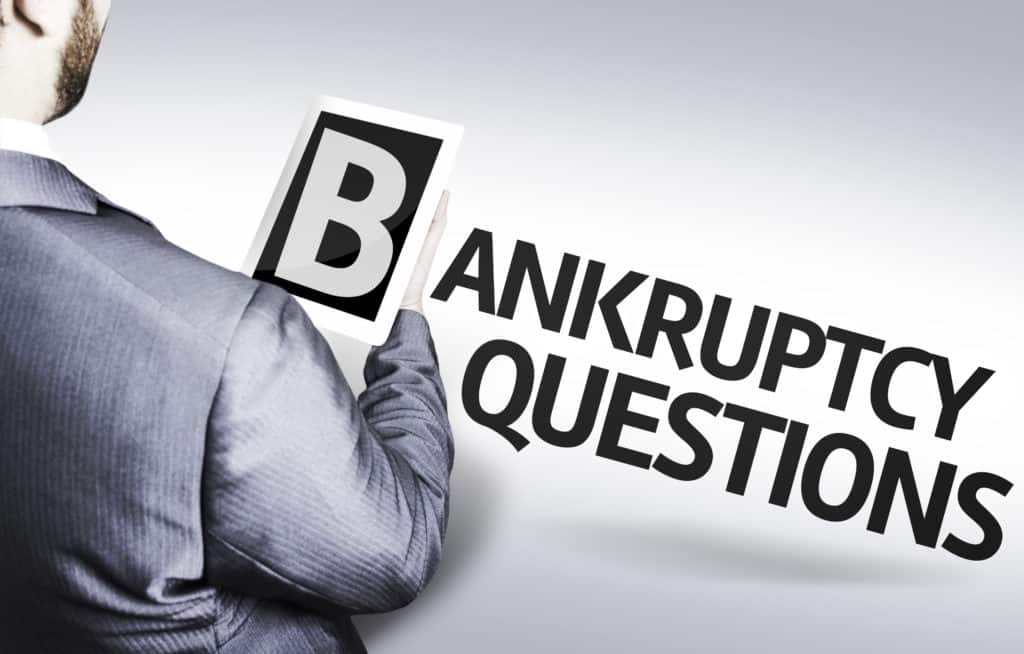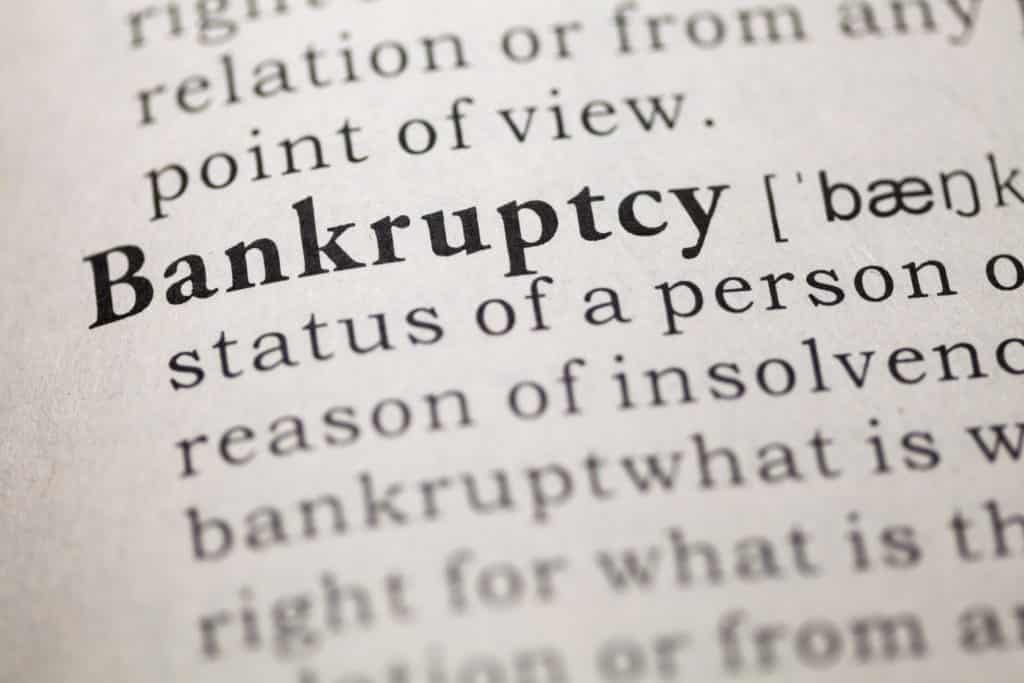Bankruptcy–does it really change your life for the worse like many people assume? In this article, we’ll compare Chapter 7 bankruptcy to Chapter 13 bankruptcy. We’ll also share some key points you should be aware of when it comes to Chapter 7 bankruptcy.
Understanding Bankruptcy
Bankruptcy is when someone has to liquidate the things they have in order to pay off their debts. There are many different reasons why bankruptcy happens. Here are some reasons.
- Having more credit than income being made
- Divorce or other martial issues
- Large hospital bills
- Loss of employment
A person can file for bankruptcy by choosing to or by having a creditor filing a case asking for a court to order that the individual file for bankruptcy. Federal courts in the United States tend to manage bankruptcy cases. Individuals, couples, or businesses can file for bankruptcy.

Chapter 13 Bankruptcy VS. Chapter 7 Bankruptcy
Both Chapter 7 and Chapter Here are some of the key similarities and differences between
Chapter 7 and Chapter 13 Bankruptcy include:
- Both Chapter 7 and Chapter 13 can be filed by an individual or a couple.
- Both types of bankruptcies include eligibility based on income and other aspects
- Chapter 7 is usually filed by a business. Chapter 13 is filed by a sole proprietorship.
- Chapter 7 involves liquidating assets, whereas Chapter 13 involves setting up a payment plan.
- Chapter 7 bankruptcy takes less time than a Chapter 13 bankruptcy.
What You Should Know About Chapter 7 Bankruptcy
Chapter 7 bankruptcy doesn’t have to be a scary and daunting thing. Rather, it can be something that helps you in your life.
Here are some aspects of Chapter 7 bankruptcy that you should know:
Chapter 7 bankruptcy does not mean losing all of your assets
Oftentimes, those who are thinking of filing bankruptcy or who are in the process of filing it, assume that they will lose all their assets. The reality is that you may still be able to keep some of your belongings. For instance, some laws may apply to you that would allow you to maintain your home, car and other assets. It’s just about talking and consulting with a qualified and experienced attorney who knows your situation. His attorney would be able to help you understand what laws could help your case.
Chapter 7 bankruptcy can open new doors for you
Rather than being stuck in a cycle of debt, a Chapter 7 bankruptcy can help get unstuck. That is, being indebt and feeling like you’re drowning in it is not the only solution that you have. As the motivational speaker and writer Dr. Eric Thomas says, “If you put yourself in a position where you have to stretch outside your comfort zone, then you are forced to expand your consciousness.” What this means is that, having to explore the options you have can help you understand that you have choices. You don’t need to be stuck in a cycle of debt once you realize that there are options. Some ways that Chapter 7 bankruptcy can open new doors is by helping you start over again. You won’t be carrying debt around with you and can start to focus on other areas of your life that you might have neglected.

LeBaron & Jensen P.C. Can Help You Make The Right Choice
If you’re unsure what type of options you have available, LeBaron & Jensen can help you figure out what options you have. We’ll go over the pros and cons of each type of bankruptcy and help you figure out what type is best for your situation.
If you’re in the state of Utah, contact us at 801-773-9488. You can also contact us here.

